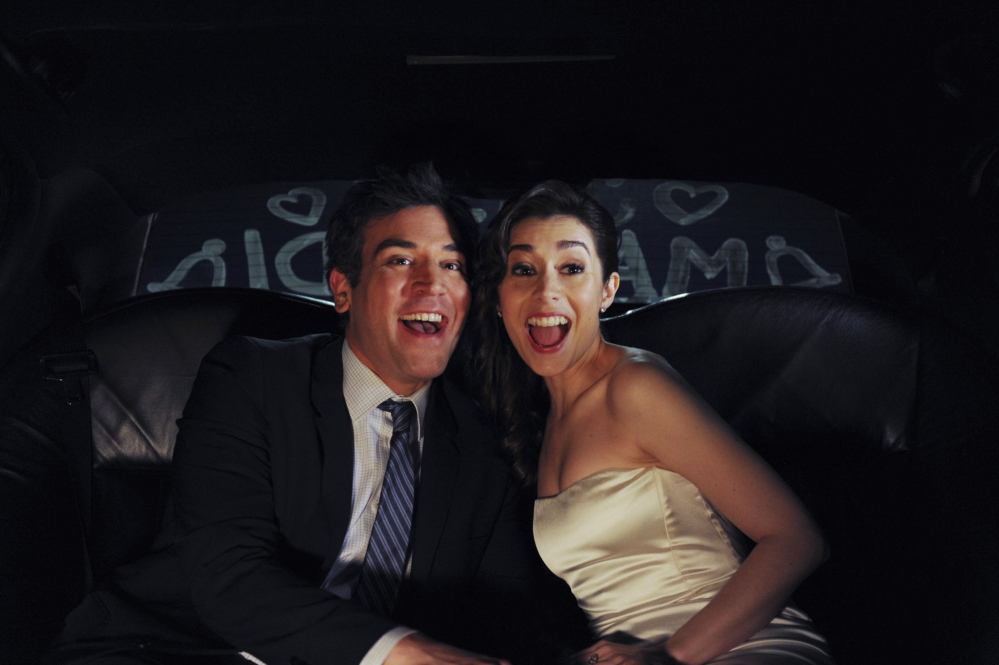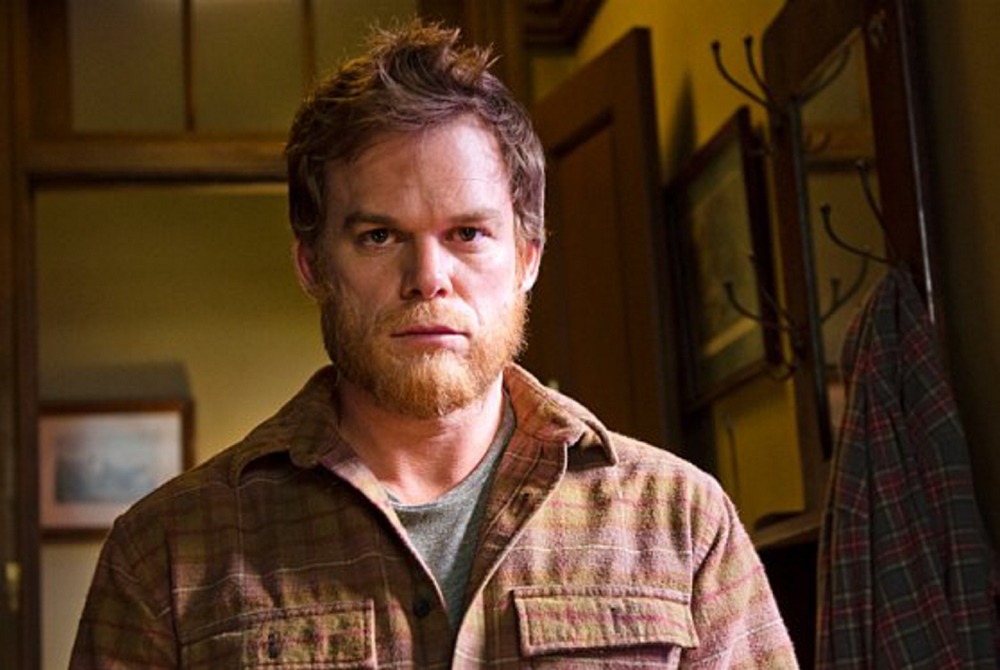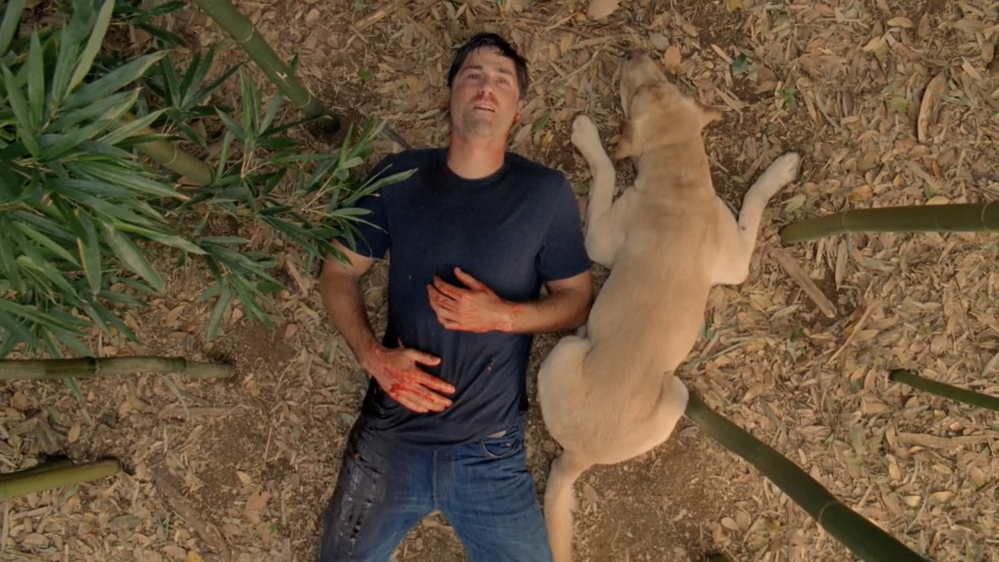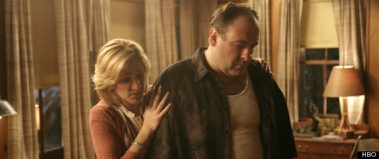Like anything that comes along with sky-high expectations, the “How I Met Your Mother” series finale inevitably disappointed a lot of people last Monday night. Intense anger is nothing new in terms of highly anticipated series finales of long-running shows with die-hard fanbases. No matter what, viewers are going to be angry if they aren’t amazed.
The end result of “HIMYM” after nine seasons: The mother was dead the entire time Ted (Josh Radnor) was telling his kids the story of How He Met Their Mother. After she died, Ted ended up with “Aunt Robin,” and his kids were totally fine with it. This outcome was particularly frustrating for viewers because not only did the pilot episode establish that Robin, Ted’s at-the-time love interest, was not going to be his soulmate, but fans had just spent an entire season getting to know the actual “mother” (Cristin Milioti) – and she was killed off in a few minutes during the finale.
Combine that with the fact that much of the show’s run had been spent convincing viewers that Robin (Cobie Smulders) and Barney (Neil Patrick Harris) would end up together, and rage on the Internet was swift. The most common complaint was that viewers felt they had wasted their time watching for nine years to learn the much-hyped “mother” story – only to find out it was Robin all along. In an interview with Vulture, Josh Radnor sort of defended the call, saying “part of the DNA of the show is they lead you one way and then they pull you back.” He added that fans are grieving for the end of the show, and once they hit the acceptance stage, it will all be OK. “I think when the dust settles people will feel pretty complete,” he said.
Overall? Combining high expectations with disappointing storyline execution, we would rate the “How I Met Your Mother” finale a solid 9 on the Disappointment Scale. Here’s a look at some relatively recent (and one not-so-recent) controversial series finales, and how they rank on that Disappointment Scale, with 1 being “almost fine with the episode” and 10 being “enraged to the point of destruction.”
“LOST” series finale (May 23, 2010), Disappointment Scale: 8
What made viewers so mad: It wasn’t even the fact that despite the producers telling us that the characters hadn’t been dead on the island all along . . . well, the finale sure seemed to imply they had been dead on the island all along. Mostly, there were just a ton of unanswered questions, from bigger themes that carried through the whole series to a million smaller unresolved issues (polar bears, anyone?).
How creators defended it: Damon Lindelof and Carlton Cuse have always been steadfastly unapologetic about the frustrating episode, even to this day. “I stand by the ‘Lost’ finale,” Lindelof wrote in a Hollywood Reporter piece last year. “It’s the story that we wanted to tell, and we told it. No excuses. No apologies. I look back on it as fondly as I look back on the process of writing the whole show.
Did it age well? Not really. If you bring up the “Lost” finale today, no one’s going to yell at you . . . but they’ll still have a long list of complaints about all the plot holes.
“THE SOPRANOS” series finale (June 10, 2007), Disappointment Scale: 7
What made viewers so mad: Three words: cut to black. The final scene ended extremely abruptly, and viewers were furious that they didn’t know whether Tony Soprano lived or died.
How creators defended it: Well, they didn’t really want to. “I have no interest in explaining, defending, reinterpreting, or adding to what is there,” David Chase said after the show aired. “No one was trying to be audacious, honest to God. We did what we thought we had to do. No one was trying to blow people’s minds, or thinking, ‘Wow, this’ll tick them off.’ ” Later, Chase also said he didn’t want to “spoon-feed” the audience, and they were intelligent enough to imagine an ending themselves.
Did it age well? For the most part, people can still appreciate the brilliance of the show without getting too mad about the sudden ending. Though some still get mad if they hear “Don’t Stop Believin’.”
“ST. ELSEWHERE” series finale (May 25, 1988), Disappointment Scale: 4
What made viewers so mad: In an era before crazy twists, this finale was pretty groundbreaking. It turned out that the entire medical drama was in the imagination of an autistic child who spent his days looking into a snow globe with a hospital building inside. It was a different take on the “it was all a dream” ending, yet some viewers were indignant that the whole thing was, at its core, a dream.
How creators defended it: During an Entertainment Weekly reunion photo shoot a couple of years ago, EW grilled the cast on its thoughts. Some confessed to being wary of the choice at the time, but had come around to thinking it was brilliant. “You can make up your own line what it means,” said Christina Pickles, who played Helen Rosenthal. “It could’ve been 900 things, which is very clever because you were allowed to make up your minds so you could stay with your own fantasy so everybody could have an opinion.”
Did it age well? Oh yes – that’s the reason for the low score on the Disappointment Scale. Over time, many viewers have gone from “angry” to “grudging respect” for the show pulling off a shocking conclusion.
“SEINFELD” series finale (May 14, 1998), Disappointment Scale: 4
What made viewers so mad: It’s hard to get riled up about a comedy, but some fans wanted more than just seeing the gang on trial for all their silly “crimes,” especially when it had the feel of a clip show. (Still, about 76 million people tuned in.)
How creators defended it: Jerry Seinfeld delved into the query during a Reddit AMA (Ask Me Anything). “It was a way to thank all of the people who worked on the show over the years that we thought made the show work,” he wrote. “I don’t believe in trying to change the past but I’m very happy with it.”
Did it age well? People will probably roll their eyes when thinking about it, yada yada yada, but likely won’t remember why they’re annoyed. And judging from the amount of time it airs in syndication, it didn’t hurt the series at all.
“DEXTER” series finale (September 22, 2013), Disappointment Scale: 10
What made viewers so mad: Pretty much everything. It seemed as if the writers were trying so hard to convince us that Dexter was a really good guy under it all (even though he was, you know, a serial killer) that they forgot everything about the character. But the maddening events of the finale involved Dexter mercy-killing his beloved sister, Debra; shipping his son off with his soulmate/murderer Hannah to live in Argentina; and, as punishment and blaming himself for Deb’s death, banishing himself to a life as a lumberjack in Oregon.
How creators defended it: While producers admitted some episodes of the last season were better than others, they stood by their decision to not have Dexter die for his many kills. “His punishment is banishment,” exec producer Sara Colleton said to EW. “He sends himself into exile. Killing himself is too easy. When he turns and looks into the camera at the end, he’s stripped everything away.”
Did it age well? It’s still pretty recent, so time will tell – but if single-episode ratings available on IMDB are any indication, viewers definitely despised that finale.
Send questions/comments to the editors.






Success. Please wait for the page to reload. If the page does not reload within 5 seconds, please refresh the page.
Enter your email and password to access comments.
Hi, to comment on stories you must . This profile is in addition to your subscription and website login.
Already have a commenting profile? .
Invalid username/password.
Please check your email to confirm and complete your registration.
Only subscribers are eligible to post comments. Please subscribe or login first for digital access. Here’s why.
Use the form below to reset your password. When you've submitted your account email, we will send an email with a reset code.